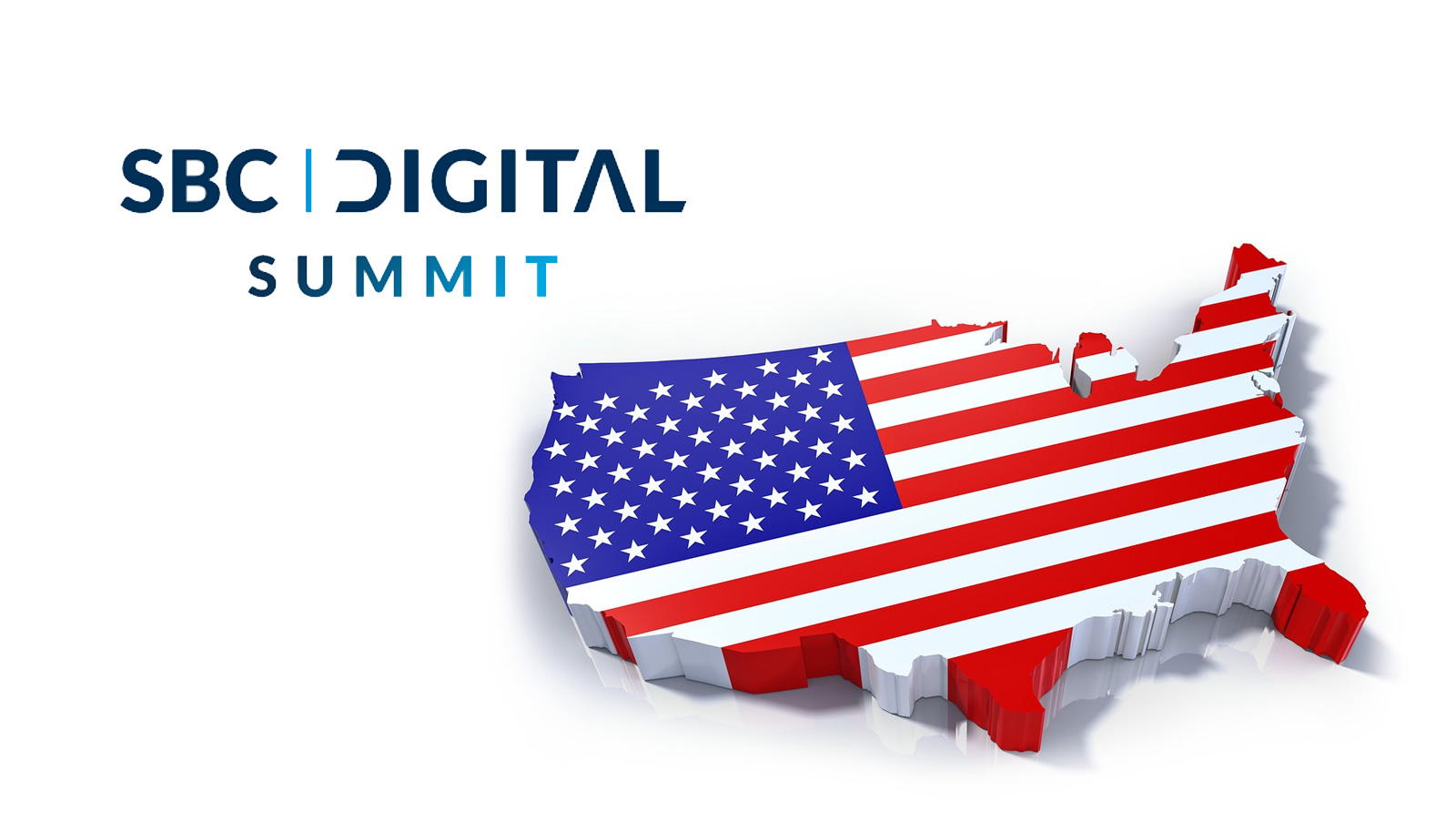Never before has there been a gaming conference as unique as this year’s SBC Digital Summit (SDS). Additionally, never before has there been a gaming conference as important as this one. With the entire world facing the coronavirus pandemic, the global gaming industry is being forced to make changes, whether it wants to or not. Some of these changes may be temporary; however, many will become a permanent part of the landscape, driving a new era of gaming like nothing seen before. As Day 4 of the SDS wraps up, a lot of attention was placed on North American gaming operations. While not as mature as the European gaming market, for example, the ability of the U.S. market to provide a major source of revenue exists. Before that happens, though, several hurdles will have to be jumped.
One of the issues facing the U.S. market, as discussed in a presentation about the state of legislative efforts, is the disconnect found from one state to the next in how regulations are implemented. Each state establishes its own guidelines and frameworks, and these are sometimes burdens to entry by operators who overly burdened with weeding through the state nuances. However, progress is being made and, as new states come on line, they will find the support from one source or another.
Virginia, Tennessee, Washington State and South Dakota are among the most recent states to be launching legalized gambling or expanding existing gambling laws. While legislators from all the states have worked diligently to introduce frameworks they feel will generate the most revenue while protecting consumers, this isn’t always the case. For example, Tennessee and Washington State won’t permit bets on in-state college athletics.
While this may seem like a good way to protect the athletes, the only result is that gamblers will turn to black market and offshore sportsbooks to place their wagers. The takeaway that many legislators still fail to comprehend is that gamblers are going to gamble, regardless of whether or not the activity is regulated or illegal. By prohibiting wagers on college sports, the states have only hurt themselves, missing out on a revenue stream that will exist for someone, somewhere.
